The person mentioned is Major General Le Thiet Hung.
Major General Le Thiet Hung (1908-1986), real name Le Van Nghiem, was born in Dong Thon village, Thong Lang commune (now Hung Thong commune, Hung Nguyen district, Nghe An province) in a family with a patriotic tradition.
At the age of 15, he left Vietnam to go abroad to participate in patriotic activities. That was the fall of 1923, under the guidance of Mr. Vo Trong Dai, 12 young men from Nghe An went to Siam (now Thailand). On this trip were Mr. Le Hong Phong and Mr. Pham Hong Thai.
Le Thiet Hung's life had many special marks. He was directly admitted to the Vietnam Revolutionary Youth League (1925) by leader Nguyen Ai Quoc, sent to study at the Whampoa Military Academy (China), then assigned to join Chiang Kai-shek's army, and was promoted to the rank of colonel (grand title). During his lifetime, he proudly said: "I am Uncle Ho's little student".

Major General Le Thiet Hung. (Photo: People's Army Newspaper)
Returning to the Fatherland in 1941, he stood at the source of Pac Bo - Cao Bang province, with the alias Dinh. Leader Nguyen Ai Quoc told him to first study the situation in all aspects and then discuss the work.
He worked daily with comrades Le Quang Ba, Bang Giang... Major General Le Quang Ba later recounted:
“I thought to myself, Uncle Ho must have had some intention in telling Comrade Hung to stay, because after Comrade Phung Chi Kien sacrificed, only Comrade Hung was present in Pac Bo, the only one who had received formal, basic, and systematic military training at the Hoang Pho Military Academy. One afternoon, Le Thiet Hung and I were sitting discussing work as usual, when Uncle Ho arrived. He told us: “The more the Viet Minh movement develops, the more the enemy will find ways to deal with it... here now there are some guns... and scattered in different places... Therefore, Comrade Le Dinh and Comrade Le Quang Ba should discuss together how to organize the armed forces. You guys make a plan and report back”...
He was assigned by leader Nguyen Ai Quoc to work with Mr. Le Quang Ba to form the first armed team of 12 people. That was the Pac Bo guerrilla team.
Journalist Hoang The Dung, former Political Commissar of the Capital Regiment - the author of the memoir "Uncle Ho and the Pac Bo Guerrilla Team" assessed that although it only existed for more than 2 years, the Pac Bo Guerrilla Team accomplished many great things: controlling bandits, protecting the lives and property of the people, limiting the search and sweep of enemy soldiers, and dividing and attracting a part of the village chiefs to the revolution. The Pac Bo Guerrilla Team had 6 members selected to join the Vietnam Propaganda Liberation Army.
Faced with the rapid changes of the country, Le Quoc Vong was assigned by Uncle Ho to be the first Commander of War Zone 4 (now Military Zone 4). One day, while he was inspecting the western part of Zone 4 to fight against the remnants of the French army from Laos who were about to attack, he received a telegram from President Ho calling him to Hanoi.
Returning to the capital, he learned that the Government had organized a Support Army to replace the Chiang Kai-shek army and supervise their withdrawal from Vietnam. At the same time, according to the content of the Preliminary Agreement (March 6, 1946) that had just been signed, 15,000 French troops would officially be present in the North. The Vietnam Support Army, according to the Government's regulations at that time, consisted of 10,000 people, organized into a division in accordance with the organization of the National Army and was a part of the National Army of Vietnam.
The nickname "ebony tree" is understood literally because of Le Thiet Hung's dark skin. Figuratively, it is the message that leader Nguyen Ai Quoc sent to him: operating within the enemy's heart, he remained absolutely loyal, steadfast and solid like an ebony tree.
After completing his mission as commander of the "Military Defense Team", he returned to work as the Chief of Zone 4, then as the Inspector General of the Army, Director of the Military Training Department and Principal of Tran Quoc Tuan Military Academy.
Since 1963, he was assigned a new responsibility: Ambassador Extraordinary and Plenipotentiary of the Democratic Republic of Vietnam to the Democratic People's Republic of Korea, Deputy Head of the Party Central Committee's Foreign Affairs Commission... With his great contributions to the revolutionary cause, Major General Le Thiet Hung was honored to be posthumously awarded the Ho Chi Minh Medal by the State.
Source: https://vtcnews.vn/vi-tuong-duoc-bac-ho-dat-biet-danh-cay-go-mun-ar938523.html


![[Photo] Binh Thuan organizes many special festivals on the occasion of April 30 and May 1](https://vphoto.vietnam.vn/thumb/1200x675/vietnam/resource/IMAGE/2025/5/1/5180af1d979642468ef6a3a9755d8d51)




![[Photo] Ha Giang: Many key projects under construction during the holiday season](https://vphoto.vietnam.vn/thumb/1200x675/vietnam/resource/IMAGE/2025/5/1/8b8d87a9bd9b4d279bf5c1f71c030dec)
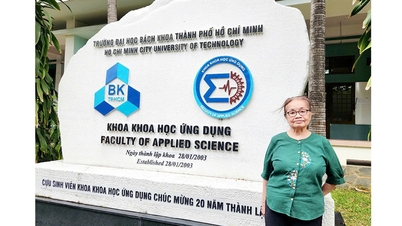
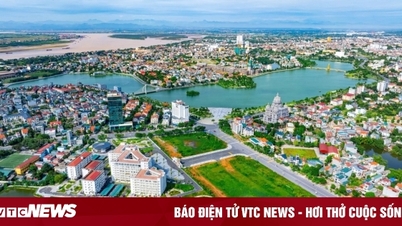

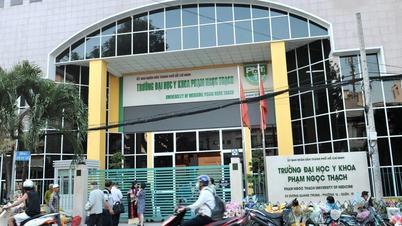
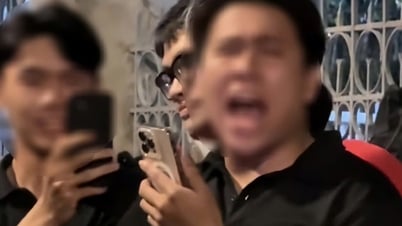








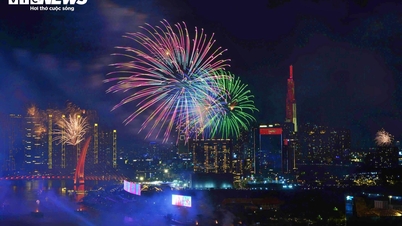
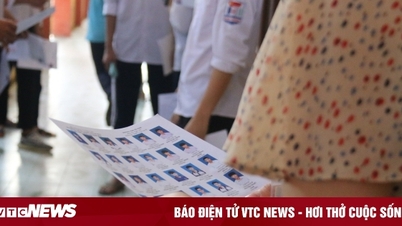

![[Photo] Feast your eyes on images of parades and marching groups seen from above](https://vphoto.vietnam.vn/thumb/1200x675/vietnam/resource/IMAGE/2025/4/30/3525302266124e69819126aa93c41092)





















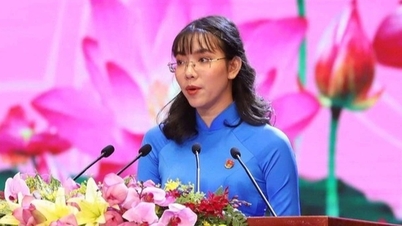













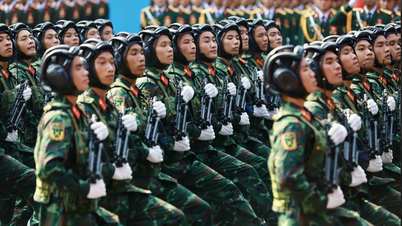













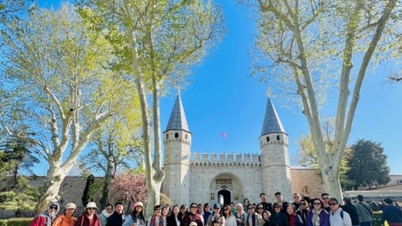


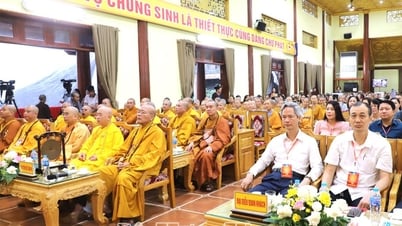














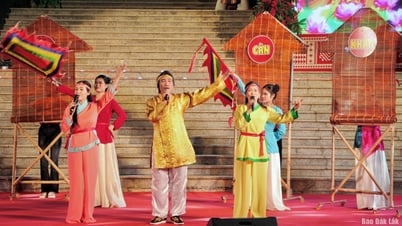

Comment (0)